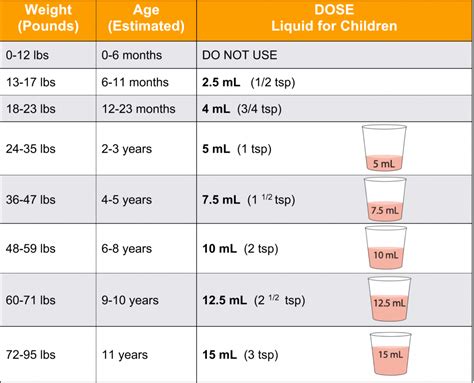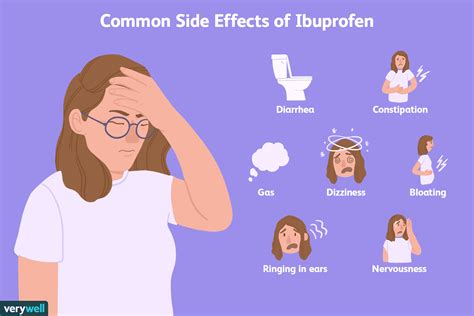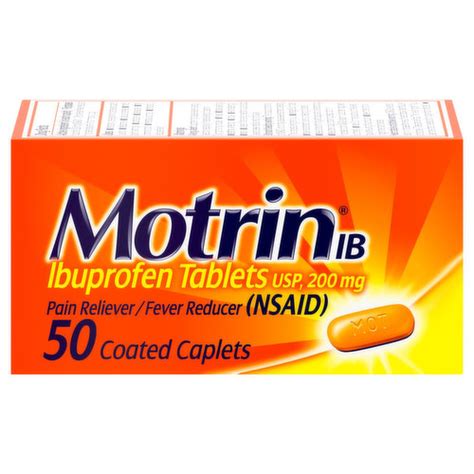Intro
Learn about using ibuprofen for kids, including dosage, side effects, and safety guidelines for pediatric pain relief and fever reduction, with expert advice on childrens medication and acetaminophen alternatives.
Ibuprofen is a common over-the-counter medication used to relieve pain and reduce fever in children. It is available in various forms, including liquid suspensions, tablets, and chewable tablets. Ibuprofen works by blocking the production of prostaglandins, which are chemicals in the body that cause pain and inflammation. As a parent, it is essential to understand the proper use and dosage of ibuprofen for kids to ensure their safety and effectiveness.
When it comes to giving ibuprofen to children, it is crucial to follow the recommended dosage instructions carefully. The dosage of ibuprofen for kids depends on their age and weight. For children under three years old, it is recommended to consult a doctor before giving them ibuprofen. For children between three and twelve years old, the recommended dosage is usually 5-10 milligrams per kilogram of body weight, given every six to eight hours as needed. However, it is always best to consult the doctor or the medication label for specific dosage instructions.
The importance of proper dosage and administration of ibuprofen for kids cannot be overstated. Giving too much ibuprofen can lead to serious side effects, including stomach ulcers, bleeding, and kidney damage. On the other hand, giving too little may not provide adequate relief from pain and fever. Parents should also be aware of the potential risks and side effects of ibuprofen, such as allergic reactions, stomach upset, and interactions with other medications.
Ibuprofen Dosage For Kids

How Ibuprofen Works

Ibuprofen Side Effects In Kids

Ibuprofen Interactions With Other Medications

Ibuprofen For Fever Reduction In Kids

Ibuprofen For Pain Relief In Kids

Practical Tips For Giving Ibuprofen To Kids
Here are some practical tips for giving ibuprofen to kids: * Always read the label carefully and follow the recommended dosage instructions. * Use a measuring device to ensure accurate dosing. * Give ibuprofen with food or milk to reduce stomach upset. * Monitor children for side effects and seek medical attention if they occur. * Inform the doctor about all medications, including over-the-counter medications and supplements.What is the recommended dosage of ibuprofen for kids?
+The recommended dosage of ibuprofen for kids depends on their age and weight. For children under three years old, it is recommended to consult a doctor before giving them ibuprofen. For children between three and twelve years old, the recommended dosage is usually 5-10 milligrams per kilogram of body weight, given every six to eight hours as needed.
What are the potential side effects of ibuprofen in kids?
+Common side effects of ibuprofen in kids include stomach upset and nausea, vomiting and diarrhea, headache and dizziness, allergic reactions, stomach ulcers and bleeding, and kidney damage and liver problems.
Can ibuprofen interact with other medications?
+Yes, ibuprofen can interact with other medications, including blood thinners, medications for high blood pressure, medications for diabetes, medications for asthma, and antibiotics.
In summary, ibuprofen is a common over-the-counter medication used to relieve pain and reduce fever in children. It is essential to follow the recommended dosage instructions carefully and be aware of the potential risks and side effects. By understanding the proper use and dosage of ibuprofen for kids, parents can ensure their safety and effectiveness. If you have any further questions or concerns, please do not hesitate to comment or share this article with others. Remember to always consult a doctor before giving ibuprofen to kids, especially if they have any underlying medical conditions or are taking other medications.
